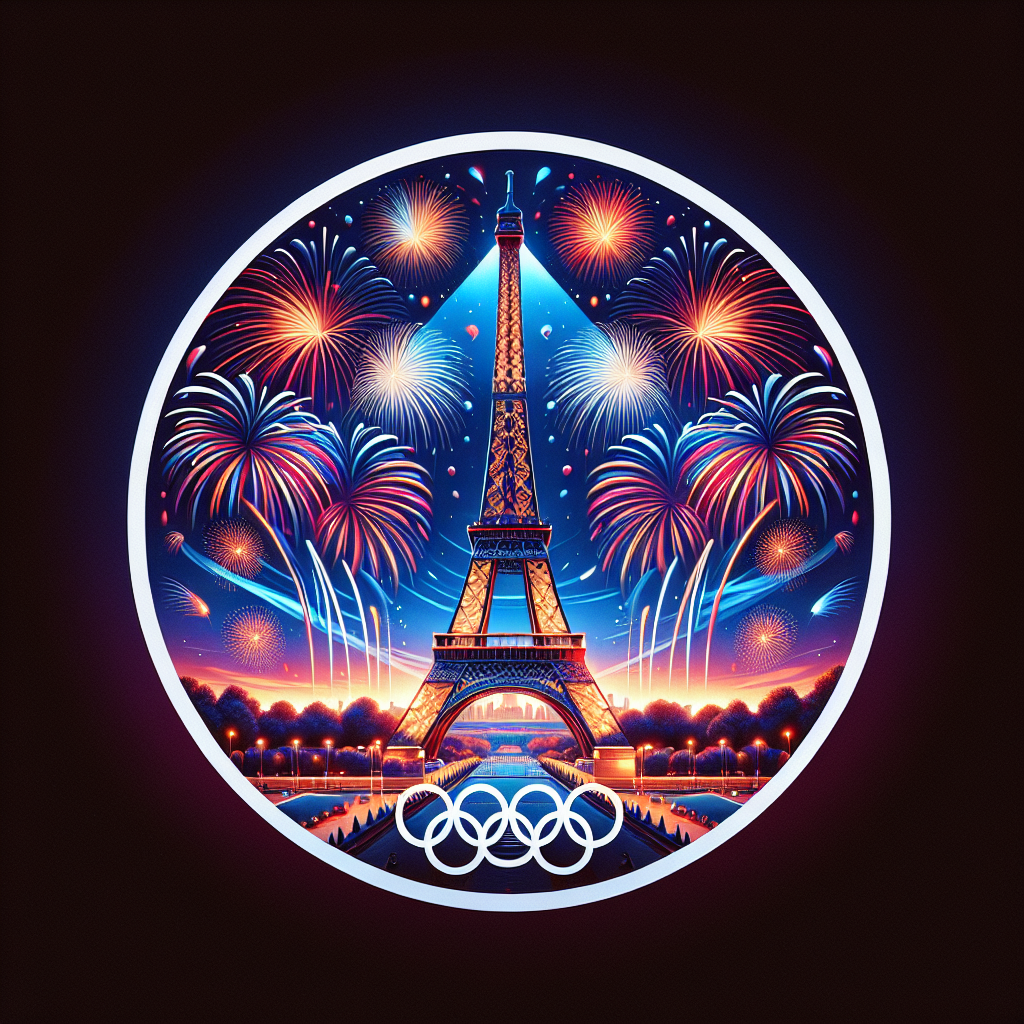PARIS — Fighter jets thundered above Paris on Sunday as the annual Bastille Day celebrations coincided with the arrival of the Olympic flame, 12 days before the start of the Games. This year’s parade was distinctively less militaristic, featuring athletes and Olympic volunteers alongside soldiers, medics, and police officers.
Due to the construction of temporary Olympic stadiums, the traditional venue at Place de la Concorde was closed, and the parade relocated to Avenue Foch, a shorter and lesser-known road near the Arc de Triomphe. Spectator numbers were limited to 6,200, who had to sign up in advance due to space constraints and security concerns.
The festivities retained their traditional aerial show, with jets coloring the sky in blue, white, and red smoke, representing the French flag. Typically, tanks and planes are the focal points of the parade, which also commemorated the 80th anniversary of France’s liberation from the Nazis. However, the highlight this year was the Olympic flame, carried by Col. Thibaut Vallette, a 2016 Olympic gold medalist, on horseback.
Post-parade, the flame continued its journey through central Paris without ticket requirements for viewers. Marie Niro, 27, watched it near the National Assembly, describing the moment as unifying.
Armored vehicles were displayed near the temporary Olympic venue at Place des Invalides, where young Parisians and tourists mingled at a military recruiting event. Niro described the mix of the military parade and Olympic flame arrival as “atypical,” but noted the preservation of tradition.
The Olympic torch will tour the capital region and surrounding areas before returning to the city center on July 26, for the Opening Ceremonies on the Seine. Bastille Day marks the anniversary of the storming of the Bastille fortress on July 14, 1789, a pivotal event in the French Revolution. Celebrations include events across France, with the Paris military parade and Eiffel Tower fireworks as highlights.
President Emmanuel Macron, accompanied by members of his cabinet including Prime Minister Gabriel Attal, attended Sunday’s ceremonies. Following legislative elections resulting in political gridlock, Macron has retained Attal for the stability of the country, despite a diminished mandate.
Security is a top concern for the Olympic Games organizers, with threats ranging from the Israel-Gaza conflict to tensions with Russia over Ukraine, which have increased risks of cyberattacks. Interior Minister Gérald Darmanin announced that 3,570 people have been banned from the Olympics, including individuals linked to extremist circles. French authorities aim to screen over 1 million people before the Games, with 770,000 already screened.
